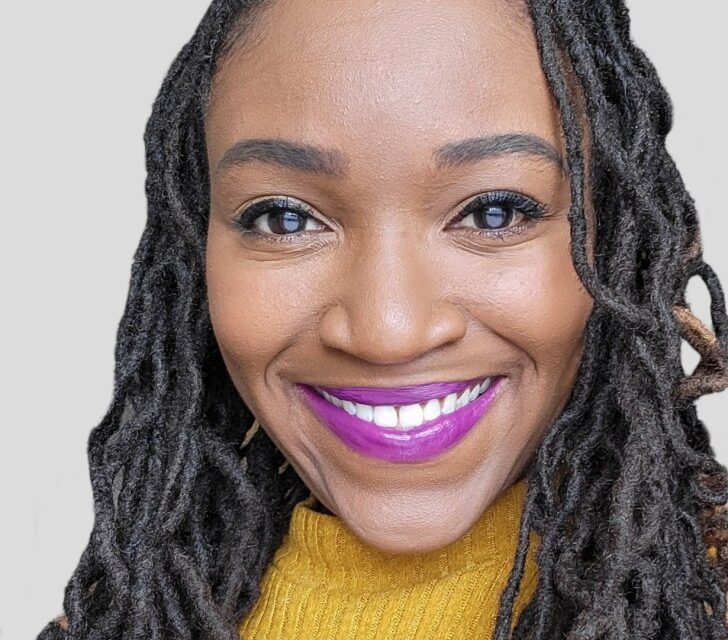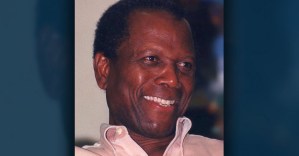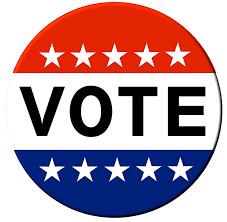By Alexis Taylor
AFRO Managing Editor

I made my first dollar when I was about 10 years old, spending the summer with my grandparents in Chesapeake, Va. An agreement between my grandfather and I led to the famous flower beds of his Camelot home being weeded and properly cared for, while I earned money for snacks and Blockbuster videos. There was just one problem- with no concept of what a reasonable wage was, I had only asked for 35 cents an hour.
Of course, he didn’t let me slave under the hot, Virginia sun for 35 cents an hour. Ultimately, he gave me about $30 to play in his front yard for a day or two before I moved to my next job: $25 to make his back porch, littered from end to end with equipment for his landscaping business, functional again.
I laugh at how off my demands were. The back porch alone could have netted me $150-$200 easily. But I had no real concept of money. Looking back, my grandfather taught me a valuable lesson that summer: People will gladly lowball you at the negotiation table if you don’t know your worth. If you’re lucky— they’ll do the right thing, but those people are few and far between.
As I search my memory over the years, I see mentors like my grandfather, my parents, church leaders, aunts and uncles and even friends who have guided me financially through the years.
My parents taught me to pay bills on time and stay away from payday loans. It was First Lady Carolyn Phillips in South Carolina who always stressed paying rent and car notes no matter what. Somewhere I also picked up that choosing to live near your job or a bus line that takes you directly to school and work are crucial if you have car trouble with repair costs that can’t be paid immediately. My uncle impressed the importance of always contributing to your retirement- even if your job does not have a plan set up.
As a teen and young adult, money influenced many of my decisions. Honestly, money and a hefty amount of fear and anxiety shaped many of my lived experiences.
When I started my first real job I was 14, making $5.15 an hour. I didn’t want to burden my mother by begging for money to go to the movies or eat out. At 15, I wanted to put my own gas in the car purchased for me. I quickly learned that people have less room to say “no” when it’s your money on the table. As an adult, like many millennials, I’ve delayed starting a family and buying a house— both because of fears related to money.
I have seen first and second hand what the privilege of money and good financial habits can do.
I have seen how people who have money are less stressed, meaning fewer stress-related medical issues and happier times with their families.
I’ve also seen money both tear couples apart when they have opposing financial habits and bring people together as they take financial steps in stride. I’ve learned how money is a convenience, as women with money order food or pay a maids, in turn giving them time to relax or take time for themselves. But all of the benefits of being financially stable and “well-off” were the result of exposure to good financial behaviors, discipline and education on how to budget, save and properly spend.
True financial freedom requires a change in mindset, and commitments to things like spending less at certain points so you can enjoy the fruits of your labor even more, later.
Building good financial habits can be hard work. But what I have learned is that it is never too early- or too late- to start practicing good money habits and improving financial health. And in the Black community, that means opening up and sharing the stories and lessons learned—good and bad. I can honestly say it’s the lessons of financial failure that have helped me avoid things like bankruptcy, predatory loans and the stress of living paycheck to paycheck.
In this edition of the AFRO, team members shared the best financial advice they’ve ever received, but they also opened up about a time they ran into financial trouble. This month, I encourage all of our readers to share the financial lessons they’ve learned over the years with a young person.
Have you undersold yourself in a business deal before? Have you filed for bankruptcy or lost money in a scam? April is the perfect time to show the financial gems you have picked up over the years– even the ones that came with a few pain points.
The post Building healthy financial habits: It’s never too early to learn appeared first on AFRO American Newspapers.











